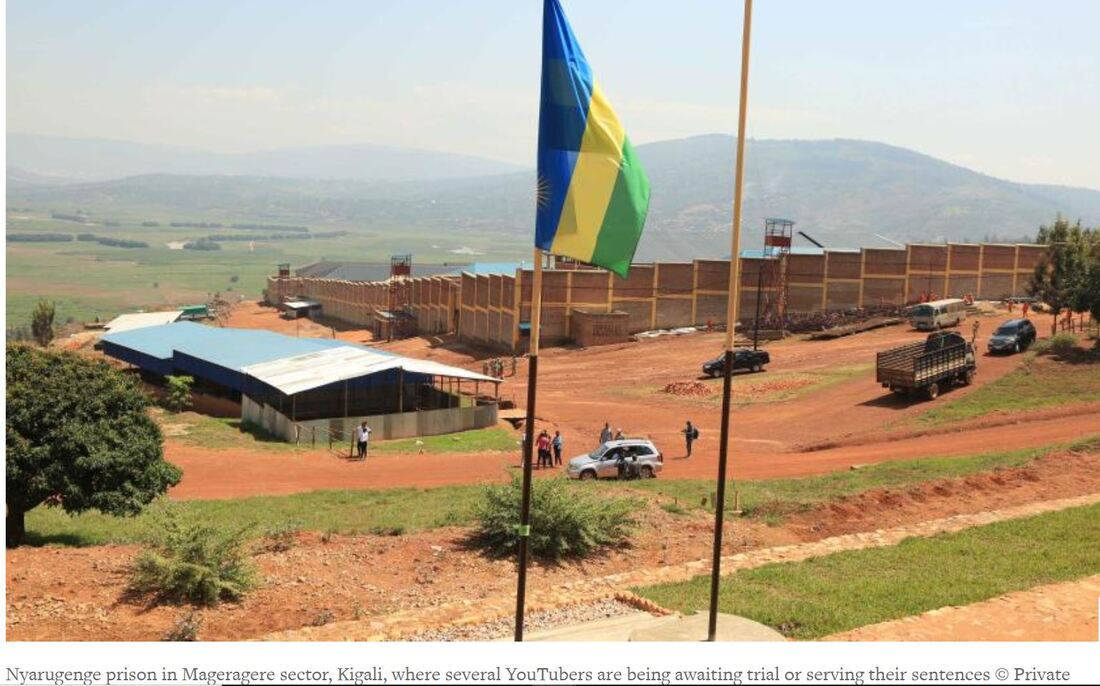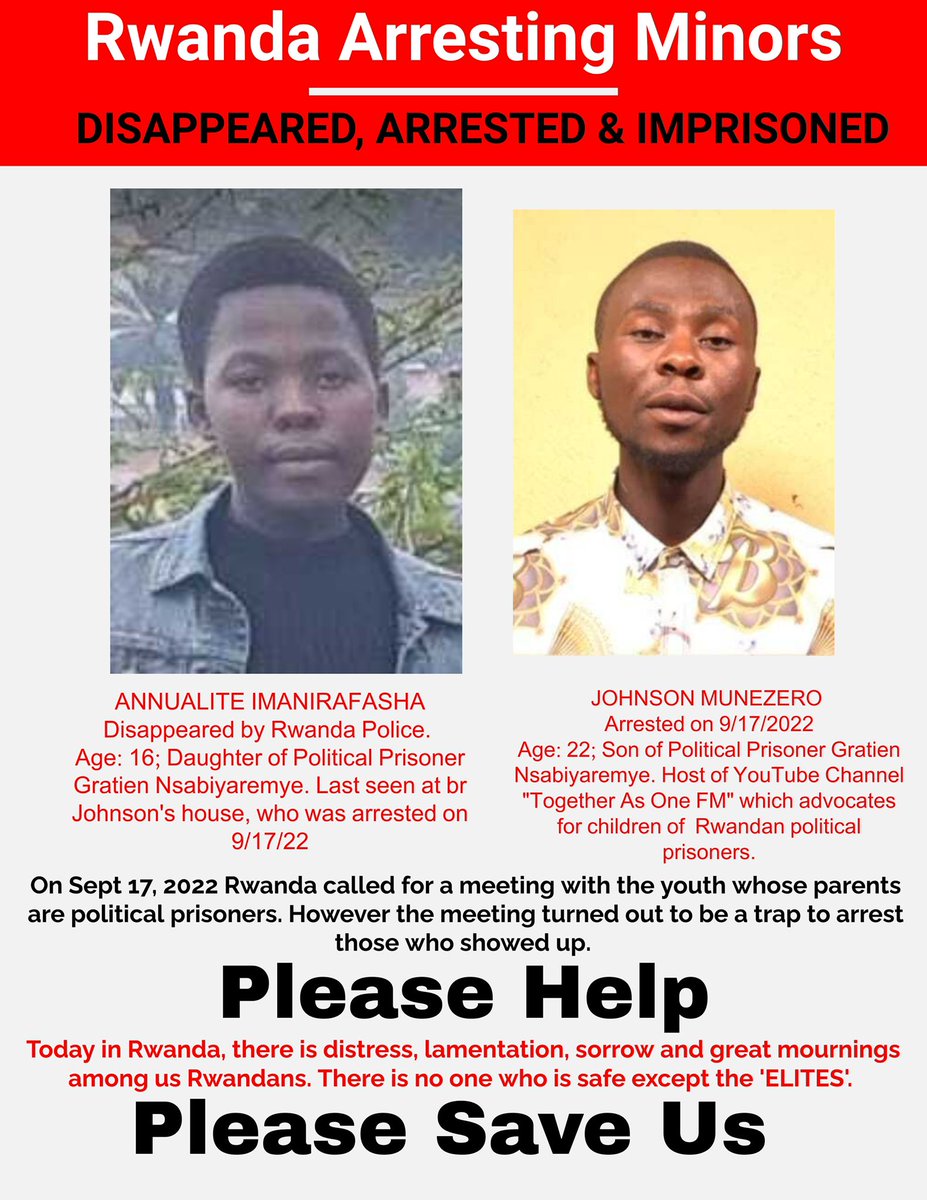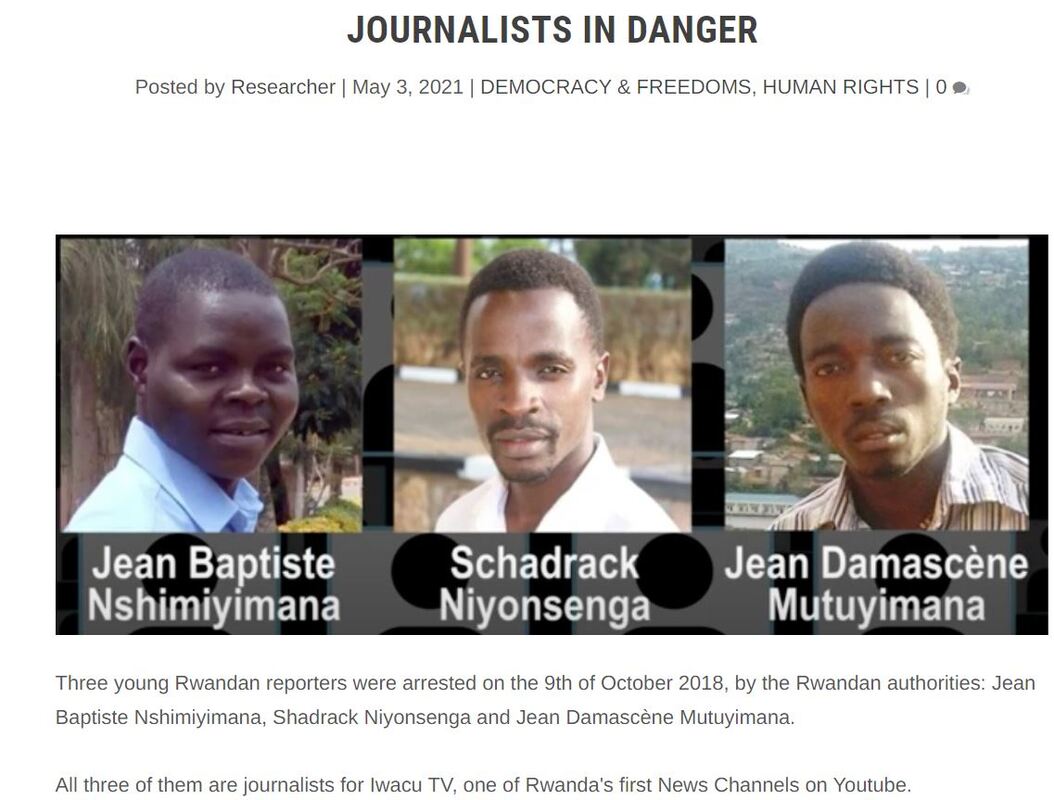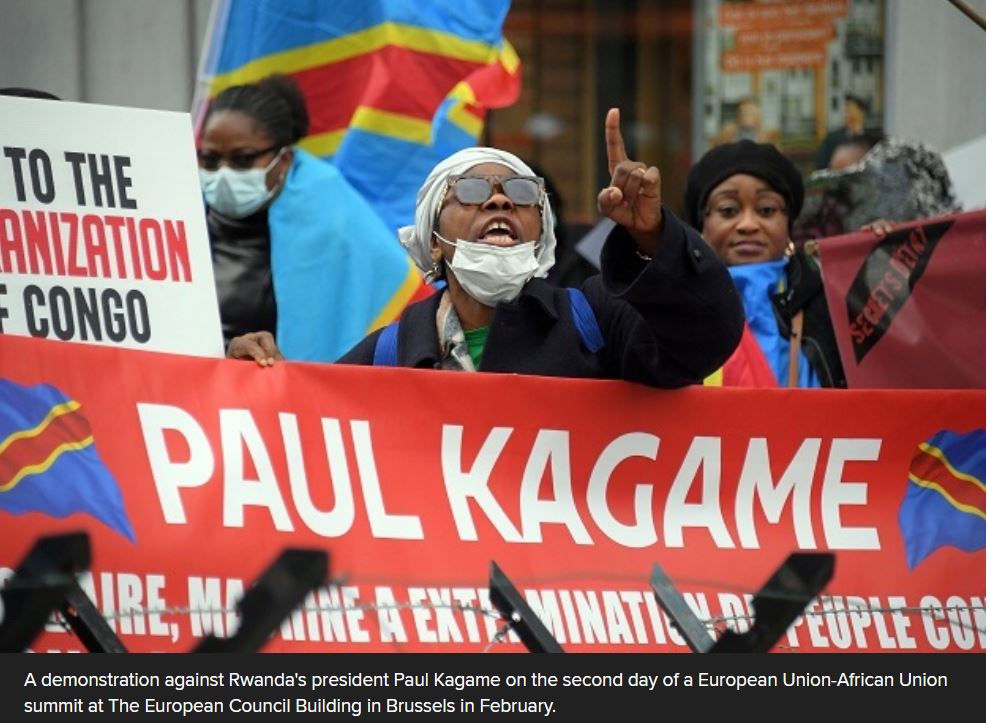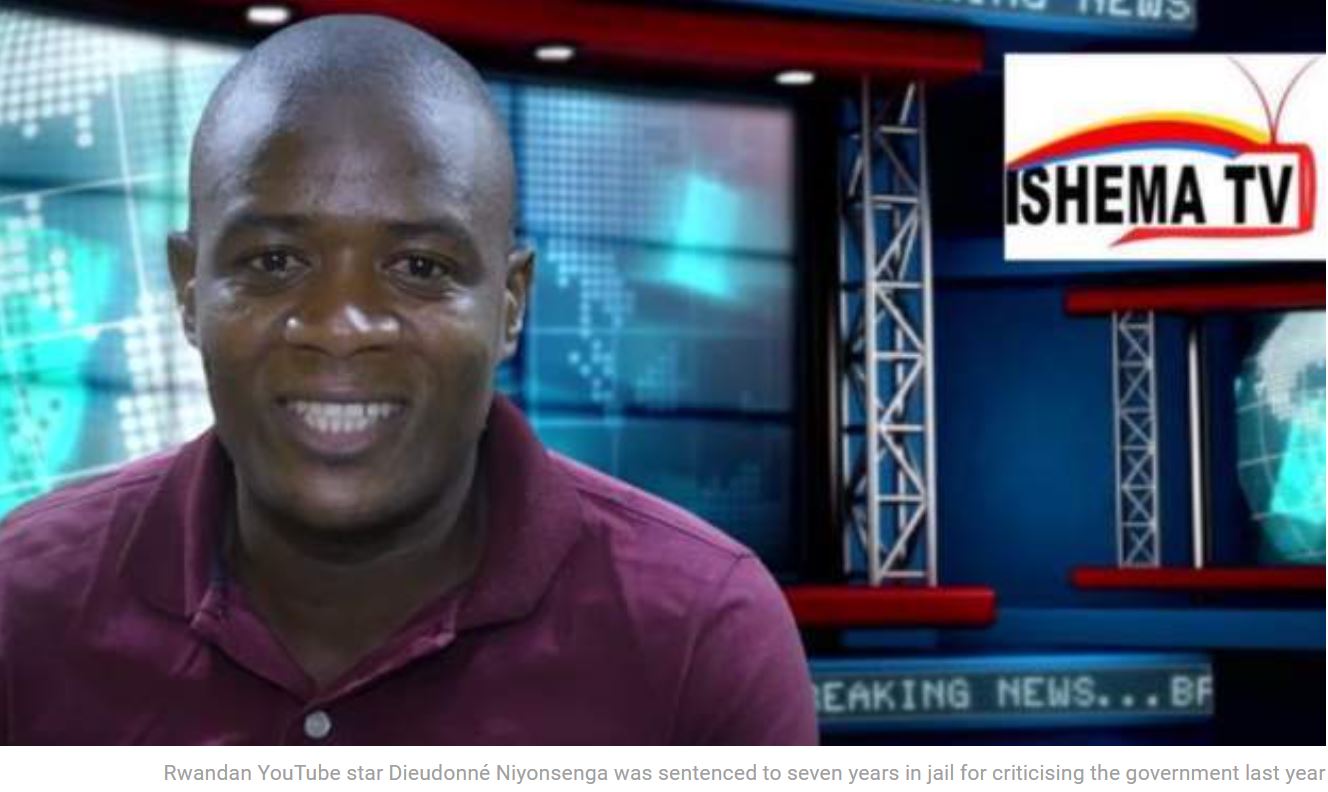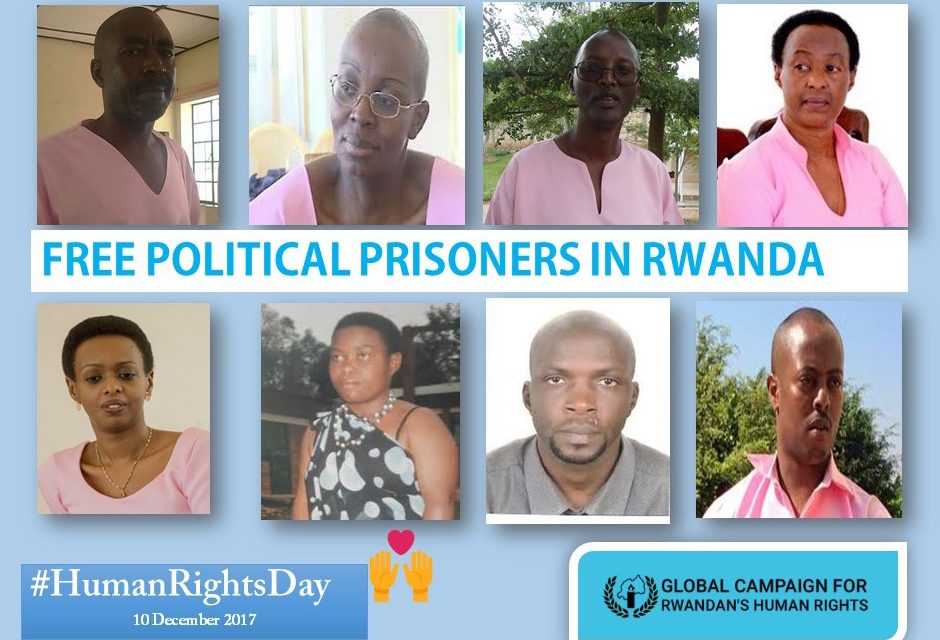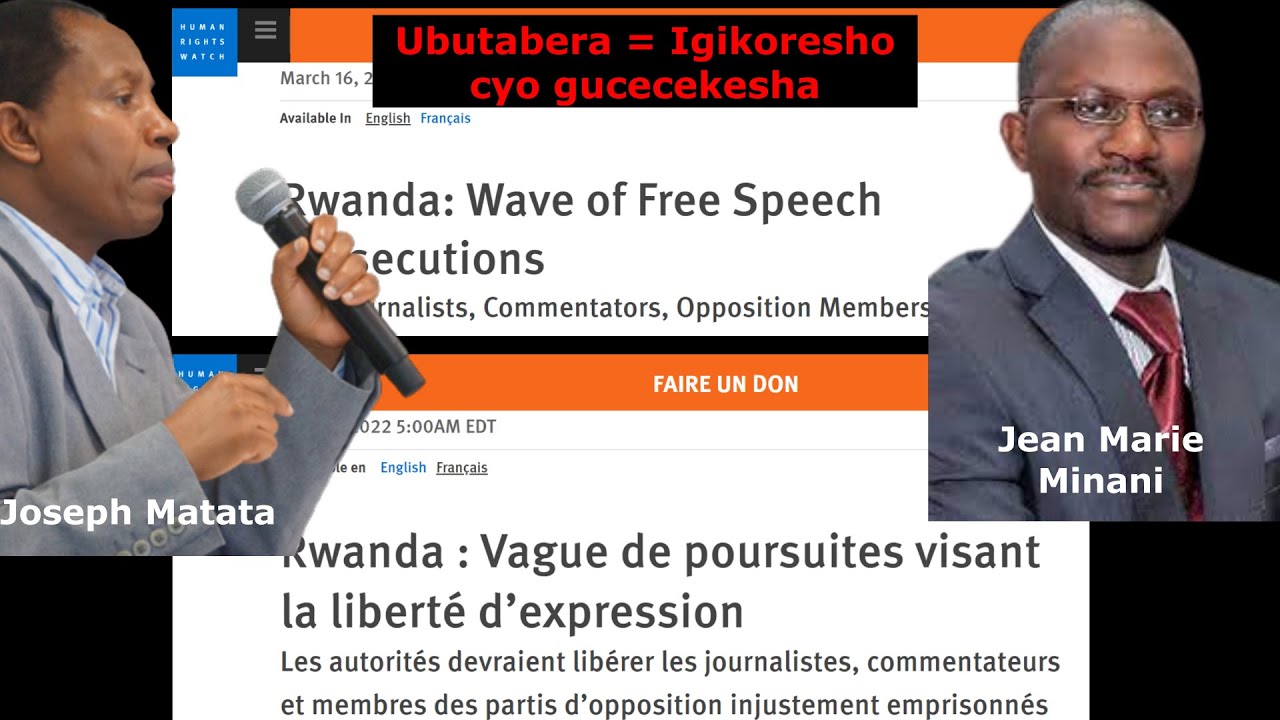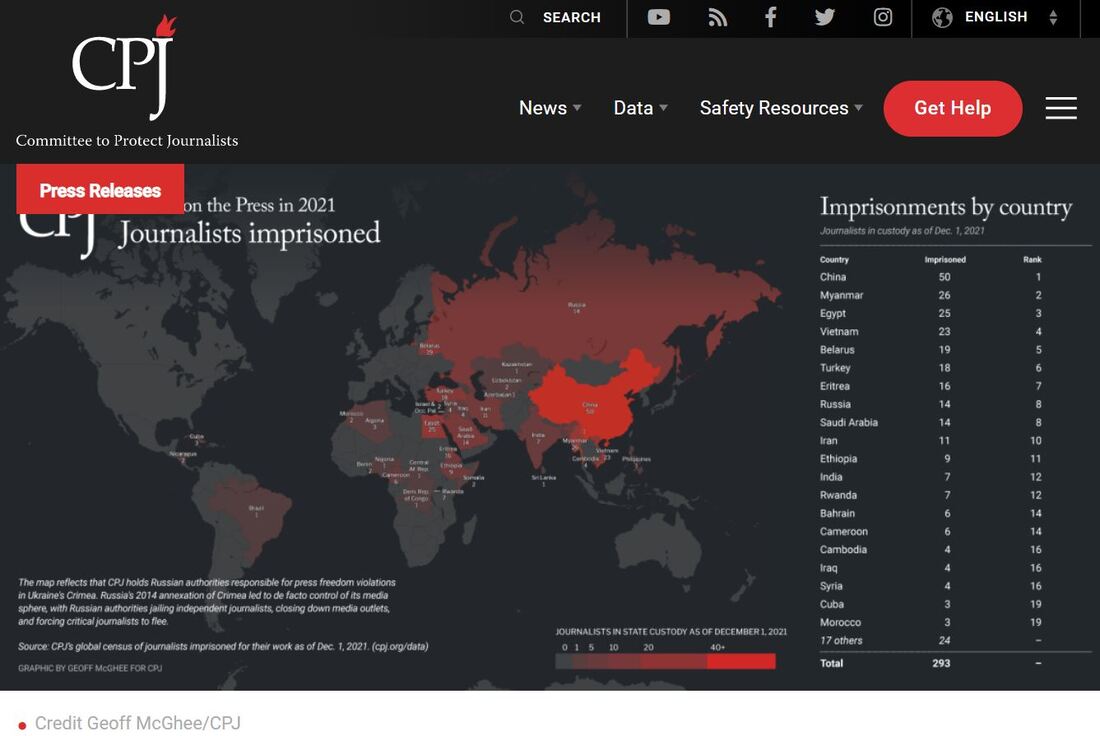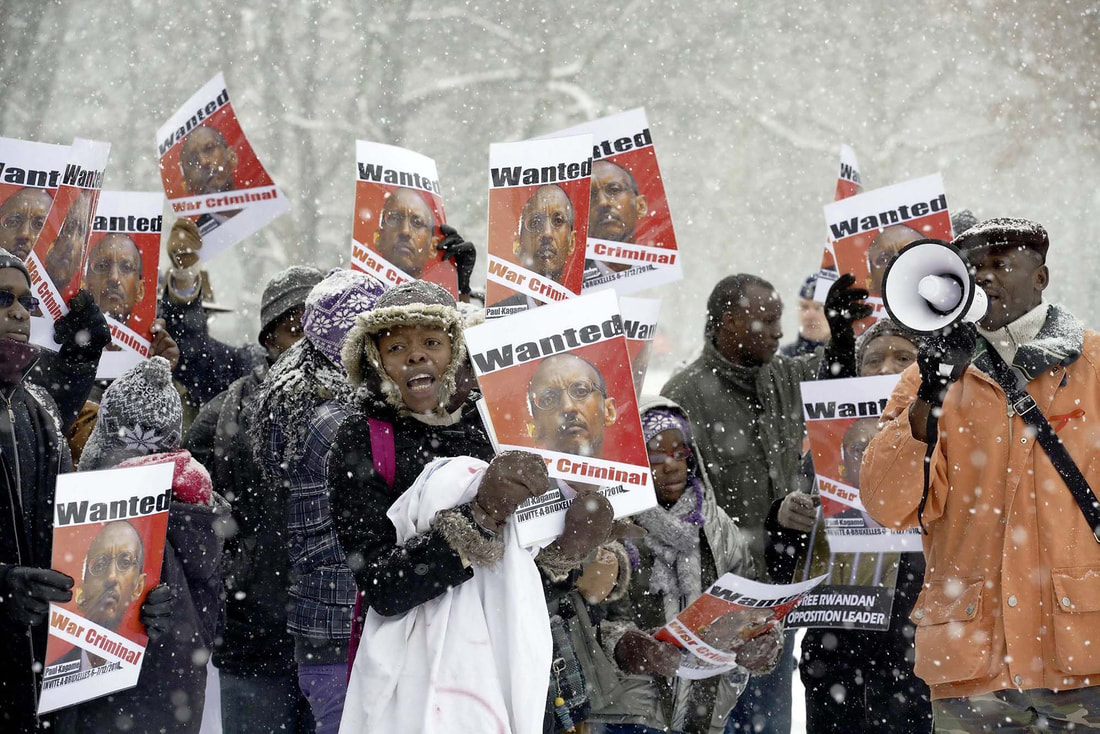24.10.2022
Rwanda: Wave of Free Speech Prosecutions
Judicial authorities in Rwanda are prosecuting opposition members, journalists, and commentators on the basis of their speech and opinions, Human Rights Watch said today. Throughout 2020 and 2021, Human Rights Watch monitored trials in which judicial authorities pursued politically motivated prosecutions and perpetuated a culture of intolerance of dissent. Journalists using YouTube as a platform have also been targeted for prosecution for not registering with the Rwanda Media Commission (RMC) or for publishing information that contradicts the government’s version of certain events, such as the suspicious death in custody of Kizito Mihigo, a gospel singer and activist, or disappearances of government opponents. Since 1994, speaking about crimes committed by the ruling Rwandan Patriotic Front (RPF) in the aftermath of the genocide, or sometimes even simply commemorating Hutu who were killed during the genocide, is perceived as crossing a red line, with the government presenting it as a threat to Rwandan unity, or the country’s security as a whole. In October 2021, at least eight members of Victoire Ingabire’s opposition party, Dalfa-Umurinzi, were arrested in the largest crackdown against the party in recent years. Sylvain Sibomana, Alexis Rucubanganya, Hamad Hagenimana, Jean-Claude Ndayishimiye, Alphonse Mutabazi, Marcel Nahimana, and Emmanuel Masengesho were all detained in the days leading up to and following “Ingabire day,” scheduled for October 14. Rwandan authorities’ efforts to combat genuine genocide denial should not involve criminal penalties for mere speech and should not attempt or aim to stifle legitimate and necessary discussion and debate on historical events, Human Rights Watch said. The criminal law, or any laws that create vaguely defined offenses, should not be used to prevent people challenging official versions of events. Credit: ALJAZEERA
Poverty deprives people of adequate education, health care and of life's most basic necessities- safe living conditions (including clean air and clean drinking water) and an adequate food supply. The developed (industrialized) countries today account for roughly 20 percent of the world's population but control about 80 percent of the world's wealth.
Poverty and pollution seem to operate in a vicious cycle that, so far, has been hard to break. Even in the developed nations, the gap between the rich and the poor is evident in their respective social and environmental conditions.
Poverty and pollution seem to operate in a vicious cycle that, so far, has been hard to break. Even in the developed nations, the gap between the rich and the poor is evident in their respective social and environmental conditions.
